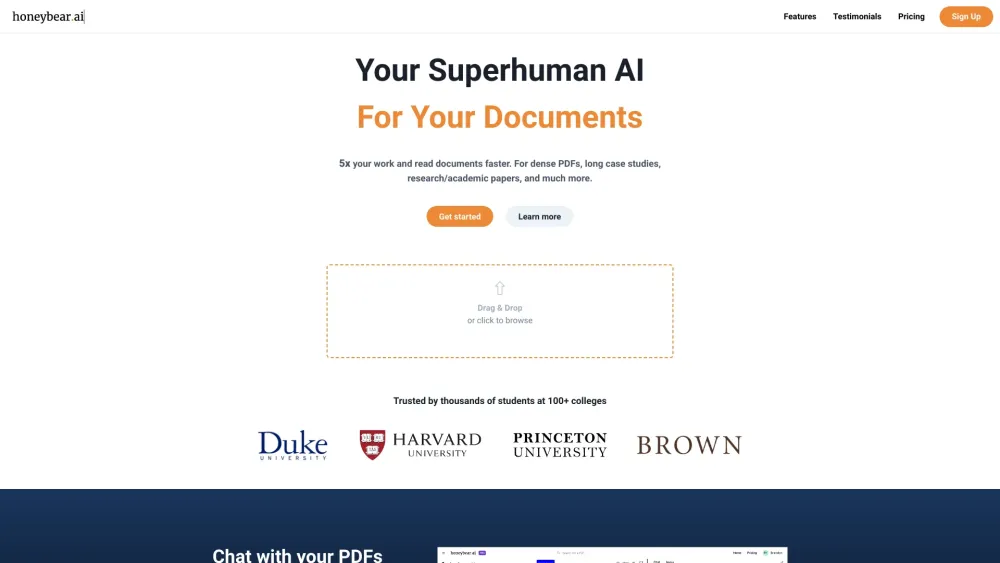Here are this week's most engaging stories:
### 1. Small Language Models Gaining Popularity Among Enterprises
Small language models (SLMs) are increasingly appealing to enterprises, thanks to their cost-effectiveness, control over fine-tuning for specific domains, and enhanced data security. Unlike large language models (LLMs), SLMs are easier to operate and manage. Pushpraj Shukla, Senior Vice President of Engineering and Head of AI/ML at SymphonyAI, notes the growing early adoption of SLMs, particularly as major cloud providers like AWS and Azure offer these models as hosted APIs.
SLMs typically range from five to ten times smaller than their larger counterparts and are commonly available as open-source projects. This reduced size results in significantly lower energy consumption, allowing them to operate on a single GPU, which is especially advantageous given the current chip shortages and high compute costs.
Despite their smaller scale, SLMs perform impressively on various natural language understanding tasks, especially when fine-tuned for specialized applications like healthcare or programming. Fine-tuning can typically be completed in a matter of minutes to hours, contrasting sharply with the multiple days needed for LLMs. However, for optimal performance, the dataset used in training an SLM should usually comprise hundreds of thousands of examples.
### 2. Insights from Salesforce's EVP on Einstein and CRM AI
Rahul Auradkar, Executive Vice President and General Manager of Unified Data Services and the Einstein platform at Salesforce, recently shared his insights on the robust features and future directions of the Einstein platform and other key AI initiatives in a recent podcast discussion.
### 3. Rabbit R1: The Revolutionary AI Agent Device
Welcome to the future of AI assistants—devices that not only understand your commands but also execute them autonomously. The Rabbit R1, priced at $199, is a standout in this category. This innovative device connects seamlessly with your mobile apps and operates using a proprietary language model without the need for external APIs.
The Rabbit R1 can execute simple tasks by acknowledging natural language instructions; for instance, you can command it to book an Uber for a family of four, completing the task while seeking your confirmation. In demonstrations, the device has showcased its capacity to learn; users were able to teach it to generate images via a connection with Midjourney.
As of January 18, the fifth batch of 10,000 R1 devices sold out rapidly. Pre-orders for the sixth batch, totaling 50,000 devices, are now available at rabbit.tech, with expected delivery in June and July. Notably, Microsoft CEO Satya Nadella expressed enthusiasm for the Rabbit OS, likening its launch to the revolutionary impact of the iPhone.
### 4. Safeguarding AI from Cyber Threats: Understanding ‘Poisoning’ Attacks
AI systems face vulnerabilities from malicious actors attempting to compromise their effectiveness by introducing damaging data known as ‘poisoning attacks.’ A recent study from the National Institute of Standards and Technology explored the cyber threats against AI systems, especially amidst increasing scrutiny surrounding the safety and reliability of generative AI as we approach the 2024 election cycle.
Co-author Alina Oprea, a professor at Northeastern University, highlighted that these attacks are relatively simple to carry out and don’t require extensive knowledge of the AI system. By controlling just a handful of training samples—often just a minor fraction of the entire training dataset—bad actors can significantly disrupt the integrity of these systems. It underscores the critical need to ensure that the data sourced for training AI is safeguarded against such manipulations.
### 5. AI Startup Roundup: Cohere Eyes $1 Billion in Funding
Cohere, an emerging competitor to OpenAI, is reportedly in discussions to secure up to $1 billion in funding, marking potentially the largest investment for the Canadian startup to date. As the competition in AI accelerates, this funding comes on the heels of a previous valuation of $2.2 billion following its last fundraising round in June 2023, backed by prominent investors like Nvidia, Oracle, and leading VC firms.
Founded by former Google scientists Aidan Gomez and Nick Frosst, along with Ivan Zhang, Cohere focuses on developing large language models tailored for enterprises seeking to create custom applications, such as AI chatbots driven by their proprietary data. This strategy differentiates them from OpenAI, which aims to provide models for a broader consumer and business audience.
Cohere stands out as one of the key players to watch in the evolving AI landscape in 2024.







